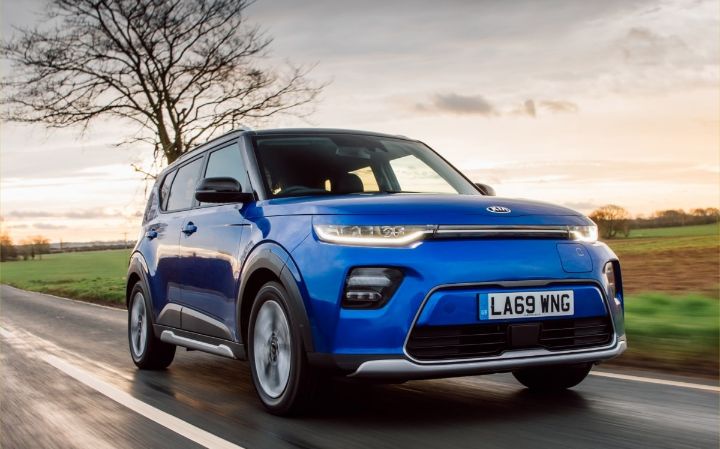How Much Does it Cost to Charge an Electric Vehicle?

The cost of charging an electric vehicle (EV) is still significantly lower than refuelling a conventional internal combustion engine (ICE). However, the cost of charging varies on several factors.
Firstly the battery size plays a role as bigger batteries take longer to charge than smaller batteries and use more electricity to do. You can work out costs by using the below equation:
Size of battery (kWh) x Electricity cost (pence per kWh) = Cost to charge an electric car
So for a Nissan Leaf with a 62Kwh battery charged at home on the average electricity tariff of 14p kWh, the charging equals £8.68, considerably less than it would cost to fill your tank with fuel. Where you charge can also have an impact. Charging at home is the cheapest way to charge an EV, whereas using a rapid charger at the motorway services, or relying on public charge points make charging more expensive. Another thing to consider is the time you charge can affect the costs as well. For instance, those with a home electricity tariff that offers less expensive electricity overnight may find home charging even cheaper. All factors considered, charging an EV is still cheaper than refilling a tank and offers significant savings on pence per mile costs.
